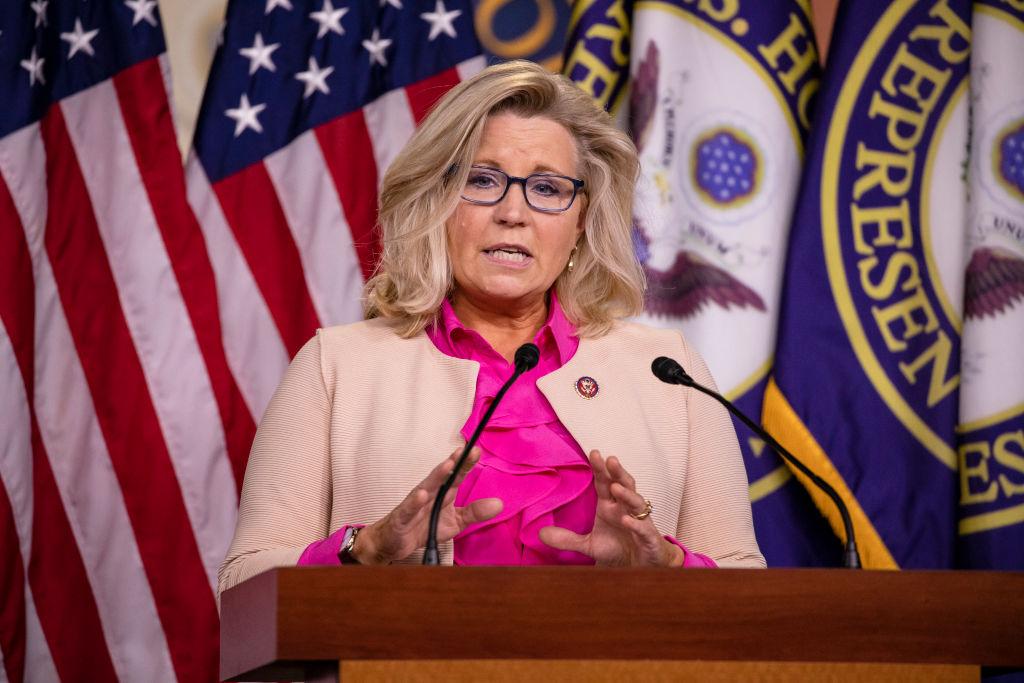Three Republican congress members have introduced a bill that would ban blacklisted Chinese companies and their affiliates from accessing U.S. capital markets.
The legislation, known as the American Financial Markets Integrity and Security Act, would apply to Chinese companies that have been named in either the commerce department’s “entity list” or the defense department’s list of Chinese companies that are owned or controlled by the Chinese military.





